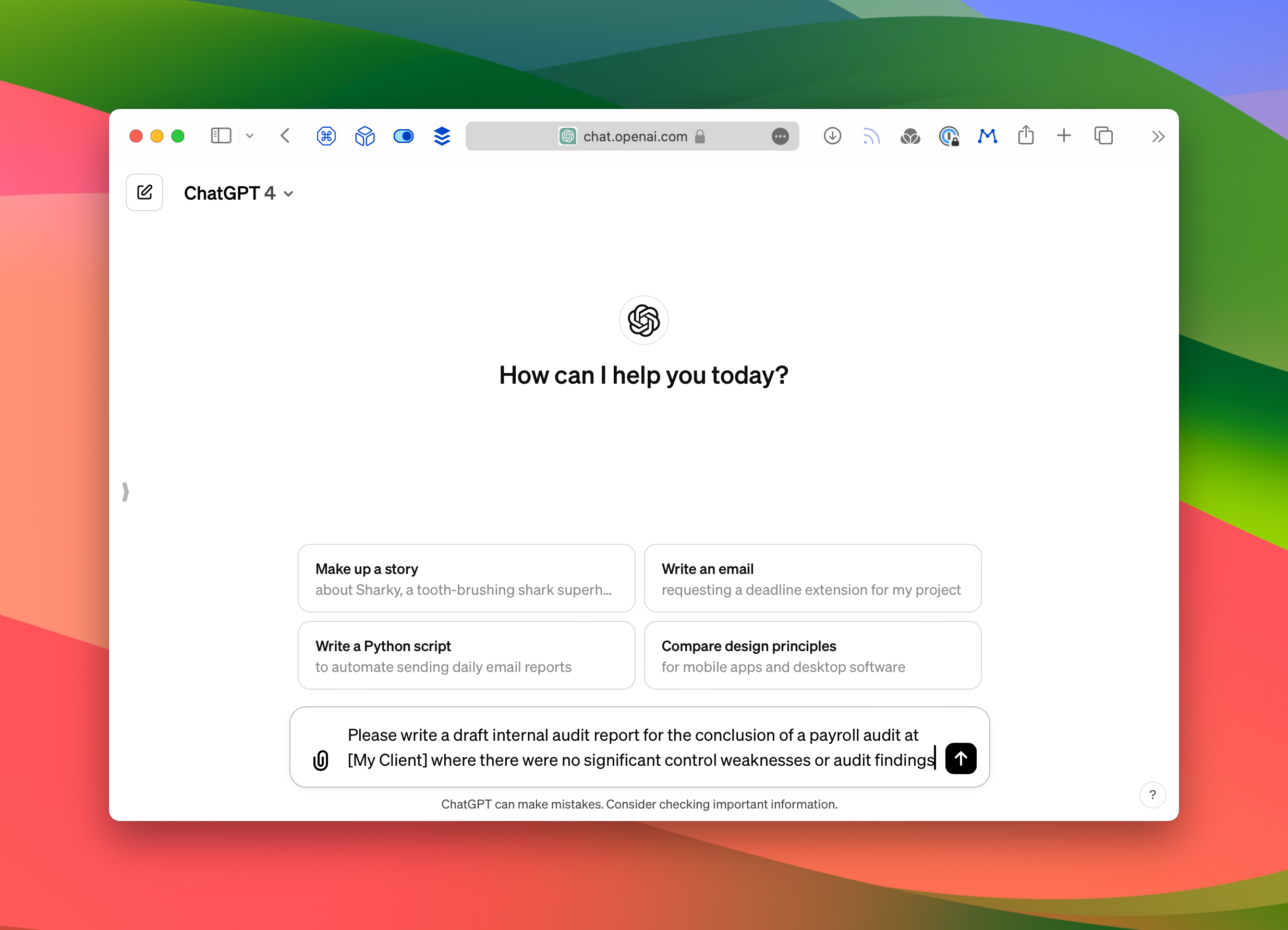But that doesn’t mean that accountants should not improve their writing skills.
Accounting is about words as well as numbers. All that classifying and analysing of financial data is pointless if its meaning is not communicated. That’s why I keep writing posts about the need for accountants to be better at writing and presenting.
Somehow, we’ve gone from the time when people complained about predictive text because it caused them to send an offensive word to their boss to a situation where people are looking to “write” 2,000 word documents with it.
The large language model (LLM) kind of AI that has been all the rage in the last year or so can write better documents than many accountants. Better in terms of language and grammar, at least.
But, we need to recognise that the synthetic text that machines create is plausible but not necessarily correct. And always remember that these machines do not have any insight.
How can they have insight? They are not analysing data, inferring conclusions from it and then working out how to communicate the conclusions. They work by being very good at choosing what should be the next word in a sentence based on some probabilistic rules.
I think, therefore, that there is still an important role for accountants and auditors in all kinds of organisations. They understand the business and its environment and they can interpret what data means for the business.
However, knowing something that is useful for the business is not much use unless it can be communicated to others. That’s why I think accountants and auditors should focus on three things:
- The content (decide what needs to be included for the reader and remove everything else)
- The structure (organise the information in a way that maximises the chances of the reader getting the information)
- Presentation (make it as easy as possible for the reader to take the action you want them to take).
𝗣.𝗦. Do you want to write better financial documents but don’t know where to start? I can help you. Learn more here.
